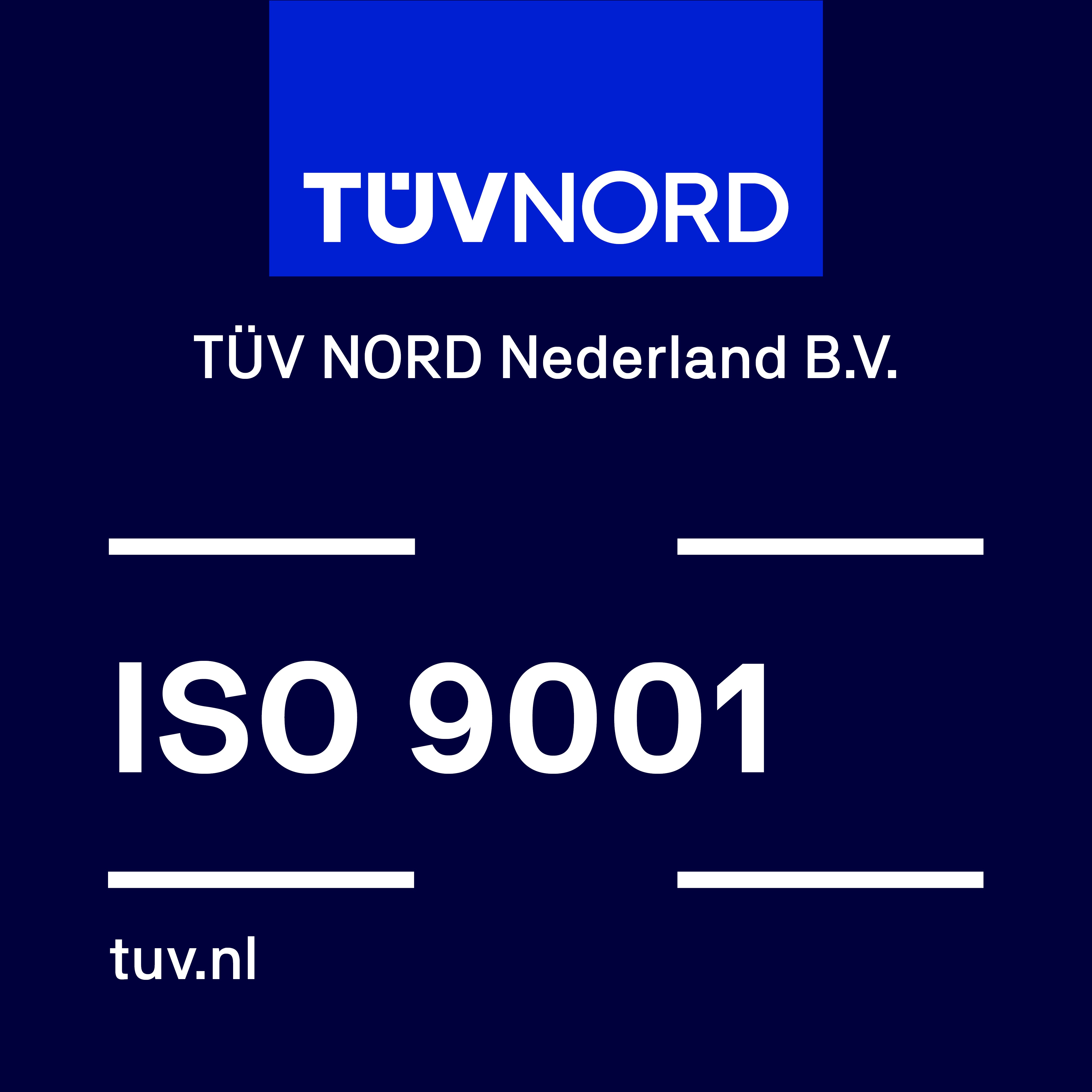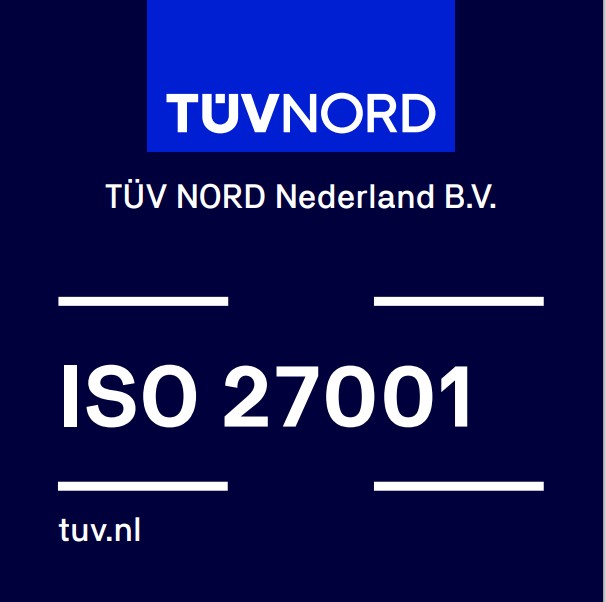Objective
The objective of the adaptive cognitive ability test (MCT-A) is to measure cognitive capacities, relating to someone's work and thinking level, whereby both inherent and learned factors are taken into account. The test is mainly used for questions such as:
- Does someone have the necessary work/thinking level to be able to perform a certain function or to follow a certain training?
- To what extent do specific capacities match the function/training requirements (and are they developable)?
For whom?
The MCT-A can be used by psychologists and (after training) non-psychologists, including not only career choice, reintegration and HR advisors, but also trainers and training supervisors. This instrument can provide valuable insights within a training, career choice or work context.
The target group consists of people aged approximately 15 years and older with an education level ranging from several years of secondary education up to and including university education level.
What does the test measure?
The work and thinking level is measured on the basis of general abilities and with a number of components: Language, Numbers and Spatial.
Depending on the question, more or fewer components can be used.
Language: knowledge of the meaning of words (language skills) and the ability to see connections between words (logical reasoning). This factor consists of the components:
- Comparing words (Word relations)
- Logical thinking with words (Word analogies)
Numbers: the ability to calculate and the ability to see connections between numbers (logical reasoning). This factor consists of the components:
- Calculating (Arithmetic skills)
- Logical thinking with numbers (Number series)
Spatial: the ability to see connections between figures (logical reasoning with abstract information) and to be able to rotate them mentally (spatial insight).
This factor consists of the following components:
- Logical thinking with shapes (Exclusion)
- Combining shapes (Components)
Background
In developing the MCT-A, an attempt was made to limit the dependency on culturally determined skills as much as possible. Among other things, a number of tests were included with meaningless figures, and letter and number series. The MCT-A instruction was also adapted in terms of language use. As a result, the MCT-A is also suitable for people with a migration background or limited language skills.
In addition, a Dutch Language Test is available, which can be taken before the MCT-A is taken, in order to investigate the required language skills.
Sample and practice assignments are available for candidates to practice (at home) prior to the test.
In order to be able to compare candidates with people with a certain level of education, various representative norm groups by level of education are available. The language level is such that people with low language skills (NT2/B1 level) can also take the test.
Support and further information
To be able to use the MCT, knowledge of and experience with psychological test use is necessary. In Test Use Trainings you will learn to apply and interpret the MCT-A. Intervision using specific cases is also possible.
NOA offers a test assistant training for those who will set out the tests and supervise the administration.
NOA offers both technical and substantive support during the use of the test.
For more information, contact NOA, 020-5040800 or email: info@noa-vu.nl



